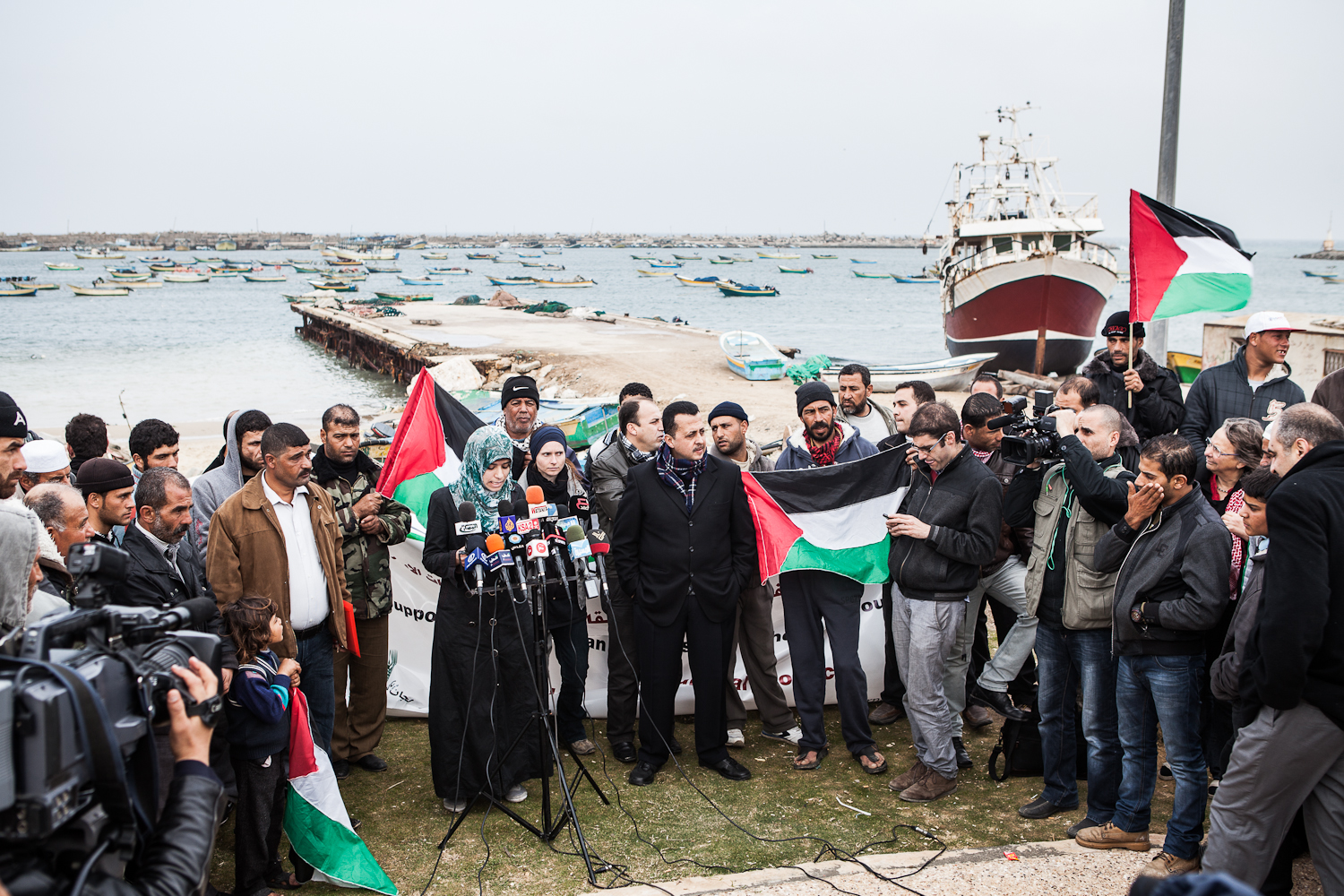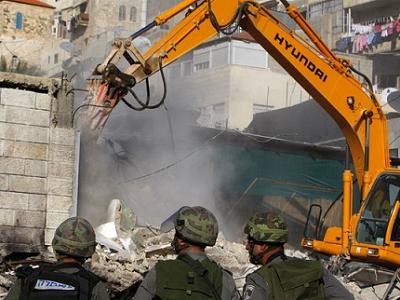Tag: BDS
-
International Day of Action for the Boycott of Israeli Agricultural Products in Gaza
Wednesday, 6th of February, 2013 | Gaza Strip, Occupied Palestine Today´s press conference in support of Palestinian farmers and fishermen held in the port of Gaza City launched several days of activities leading up to the International Day of Action for the Boycott of Israeli Agricultural Products on Saturday 9th February. Speakers were from the…
-
A step in the right direction; as EU consuls urge sanctions against settlements, we call for an all-out suspension of trade agreements with Apartheid Israel
28 February 2013 | Palestine Solidarity Campaign and International Solidarity Movement The European Union is actively supporting Israel with its current trade agreements. Enough is enough; keep the pressure up, 2013 is the time for justice in Palestine. As more and more of us become aware of the systematic denial of Palestinians human rights by…
-
Farming injustice: end all trade with Israeli agricultural companies
22 January 2013 | Palestinian agriculture organisations, Occupied Palestine Palestinian agricultural organisations and the Palestinian BDS National Committee call for the launching of worldwide campaigns on February 9 against Israeli agricultural export corporations in light of their deep complicity in Israel’s ongoing violations of international law and Palestinian human rights. Following the successful campaign against Israel’s…


